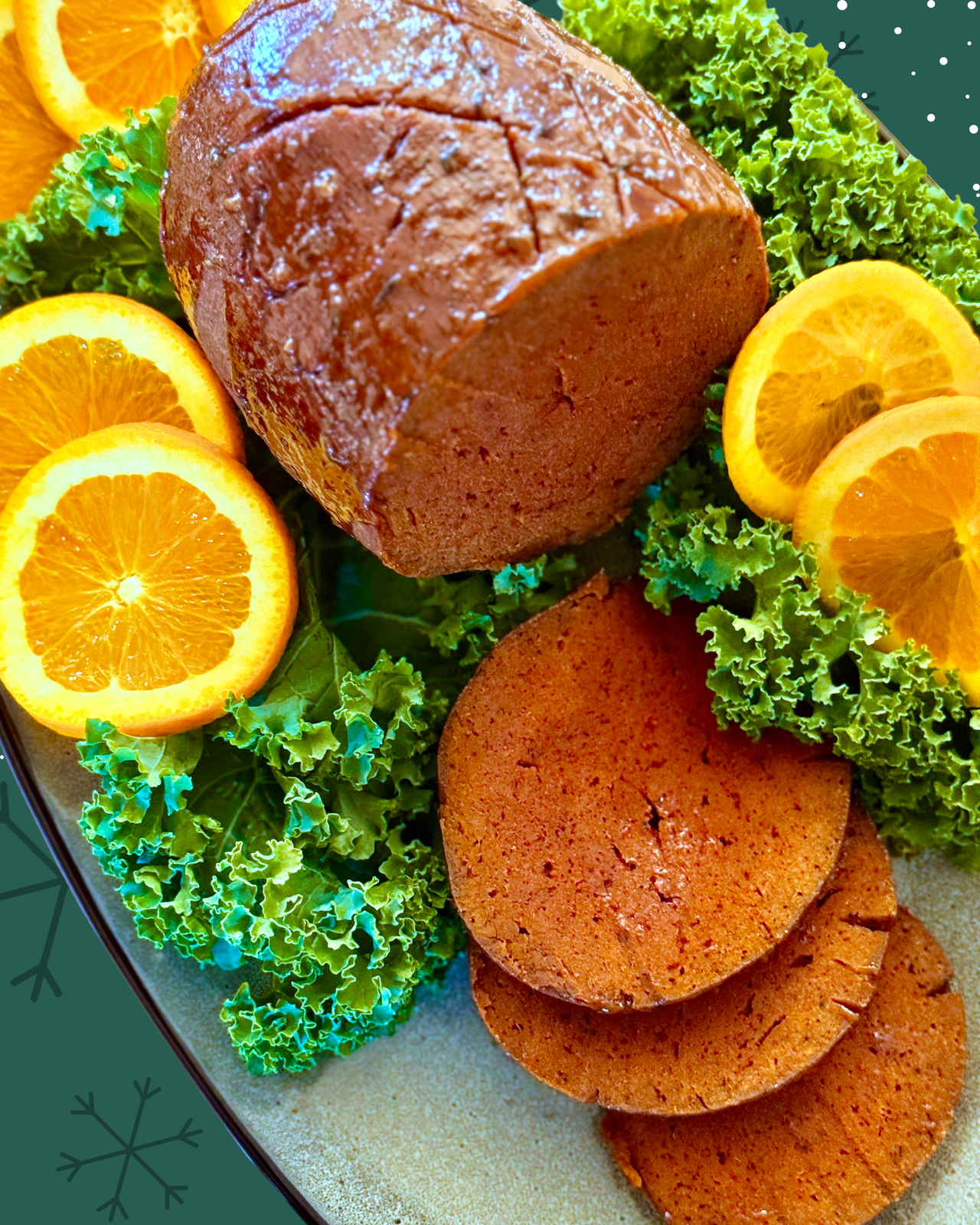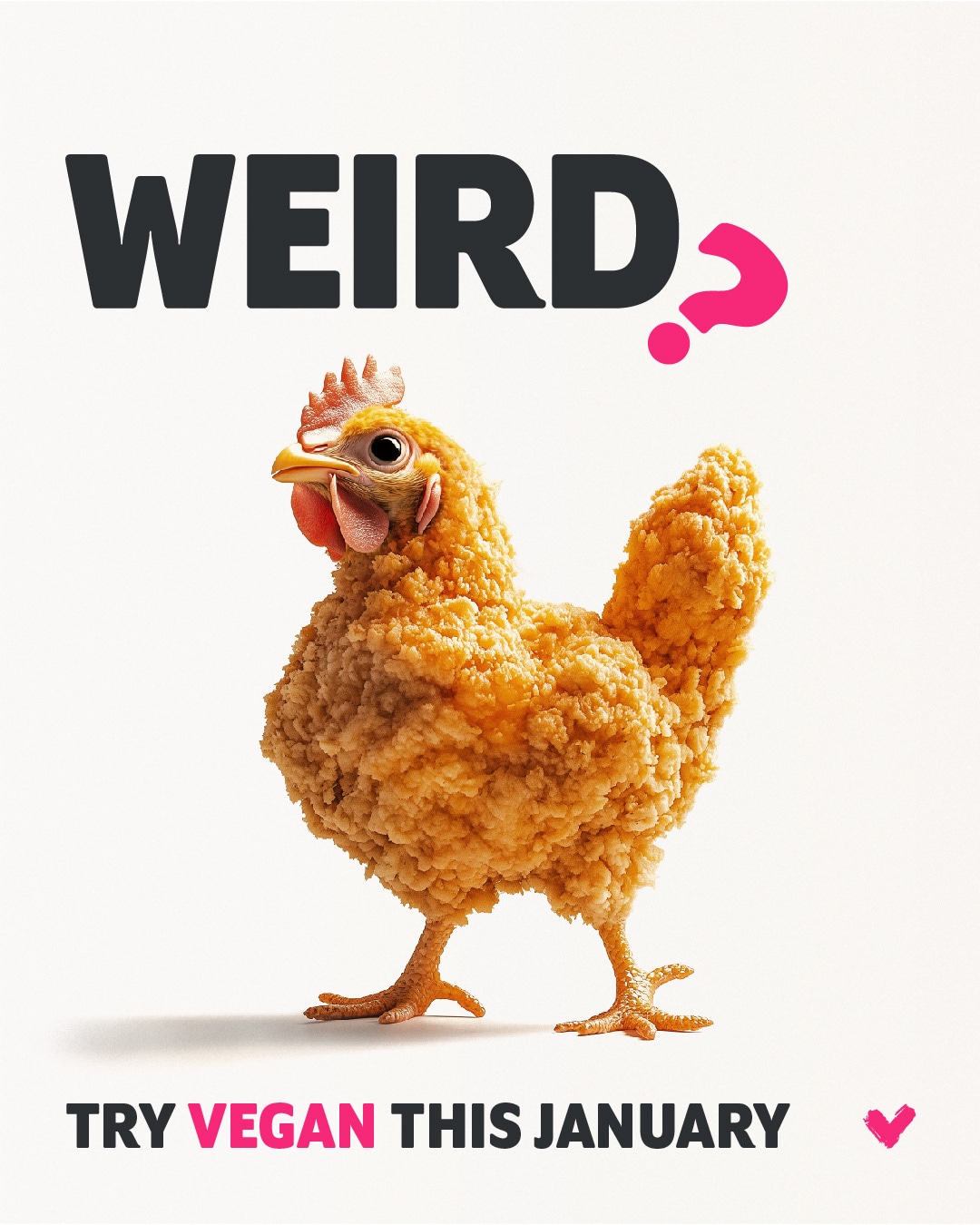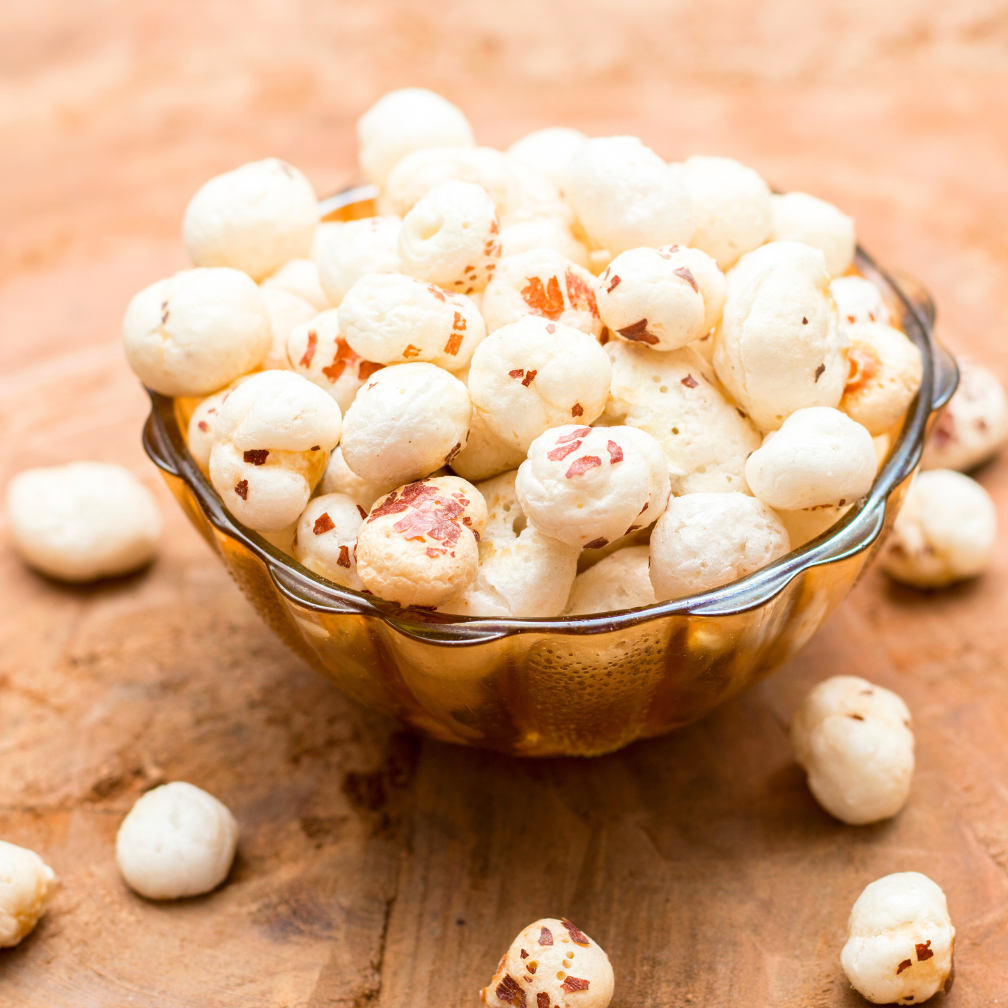The world is facing an egg crisis. From the US to the UK to New Zealand to Japan, prices of one of the world’s most popular breakfast foods are rocketing. And that’s if you can actually find them, because—as you can probably attest to if you’ve visited the supermarket recently—there aren’t that many on the shelves right now at all.
But why? What happened to all the eggs? It turns out, a few different factors are contributing to the global shortage. For one, it’s a lot more expensive to transport them, as the price of fuel continues to increase. Plus, animal feed and packaging are also more costly right now. But, quite simply, one of the biggest reasons why it’s hard to find eggs on the shelves at the moment is because the birds that lay them are dying in their millions.
Adobe
Over the last year or so, the world has faced the worst outbreak of avian flu on record. In December, the Guardian reported that, since the outbreak began in October 2021, nearly 48 million birds have died either from the virus or from culling, in Europe and the UK. In the US, the figures stand at more than 53 million. Should this brutal pandemic mean game over for the egg industry? Here’s why some experts believe it should.
Table of Contents
What is bird flu?
In the late 1800s, a disease affecting only poultry was recorded for the first time in Europe. It was Highly Pathogenic Avian Influenza (HPAI), but at the time, it was called “fowl plague,” notes the Centers for Disease Control and Prevention. It was the first documentation of the disease, but experts believe it could have been present in bird populations for centuries prior.
Since then, “fowl plague” has been given the nickname “bird flu,” but it refers to the same type of disease: a highly infectious, deadly type of influenza that spreads among birds. There are several different strains of bird flu, but the type that has been causing millions of deaths recently is called H5N1.
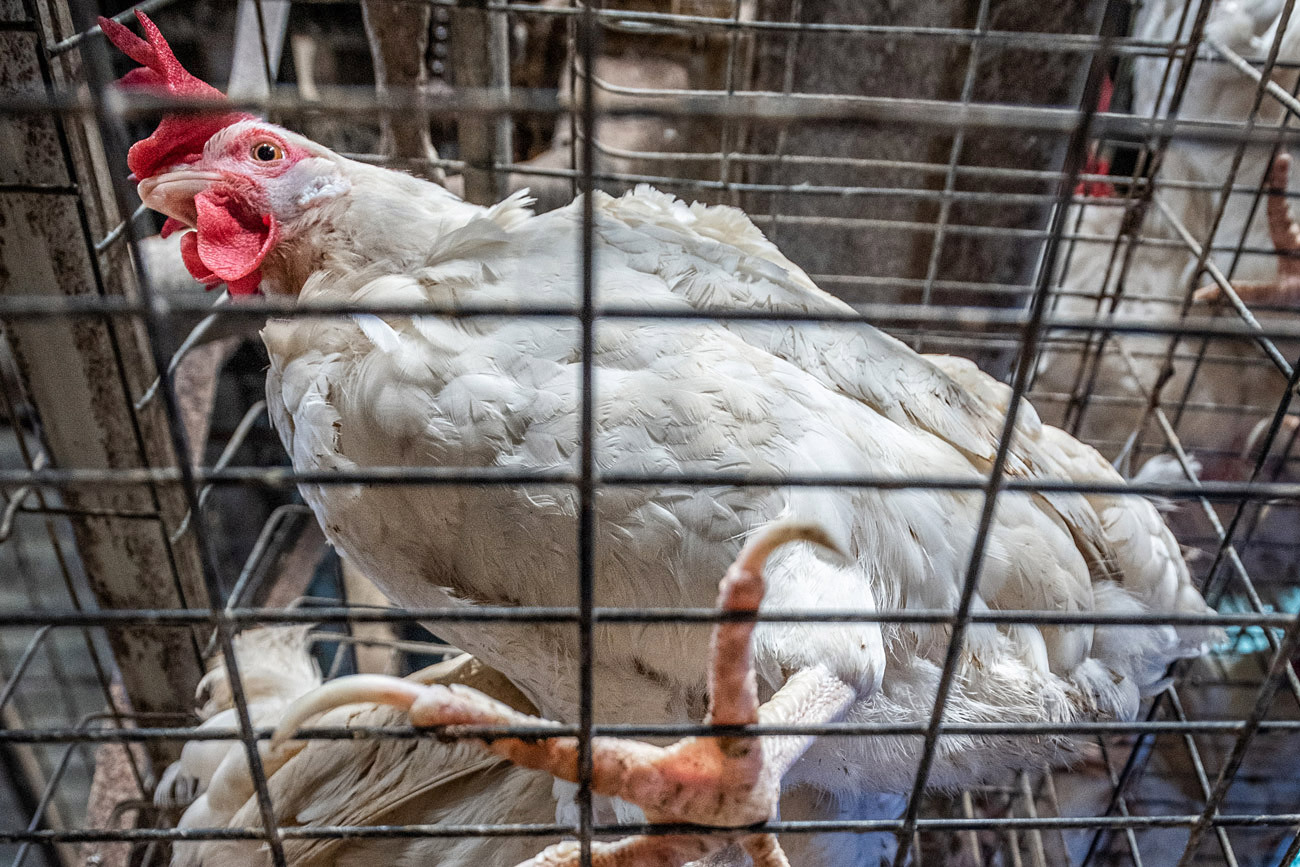 JoAnne McArthur/Unsplash
JoAnne McArthur/Unsplash
Right now, H5N1 is not easily spread to humans. And in the cases where it has been transmitted to people, this has been due to close contact with infected birds. But experts are concerned. After all, viruses are constantly mutating. “There is concern about it having pandemic potential. Before COVID was on anybody’s radar, this was the one that we were all watching very closely,” Wendy Blay Puryear, a molecular virologist, told the Guardian in January.
The World Health Organization echoes this concern. “If the H5N1 virus were to change and become easily transmissible from person to person while retaining its capacity to cause severe disease, the consequences for public health could be very serious,” it notes.
Is it time for the egg industry to end?
Public health concerns aside, the latest shortages and price hikes have shown that the egg industry is incredibly fragile. For many farmers, the only solution to an outbreak on their farm is to cull all of their animals. This is not only completely unsustainable from a financial point of view, but it’s also unethical, say animal welfare advocates.
Even without bird flu, factory farms, where most chickens are raised in the US, are already incredibly challenging from an animal welfare standpoint. There, they have little more space than the size of an A4 piece of paper to turn around. Investigations on multiple farms have also revealed dirty conditions and birds bred to be so large that their legs buckle underneath them.
“[Birds are] made extremely vulnerable to virulent outbreaks by the cruel conditions they endure on factory farms,” said Annette Manusevich, World Animal Protection’s farming campaign manager. “Hens on factory farms spend their lives in cramped cages or packed together in closed barns with thousands of other hens providing viruses and other pathogens the perfect breeding ground to evolve and spread quickly.”
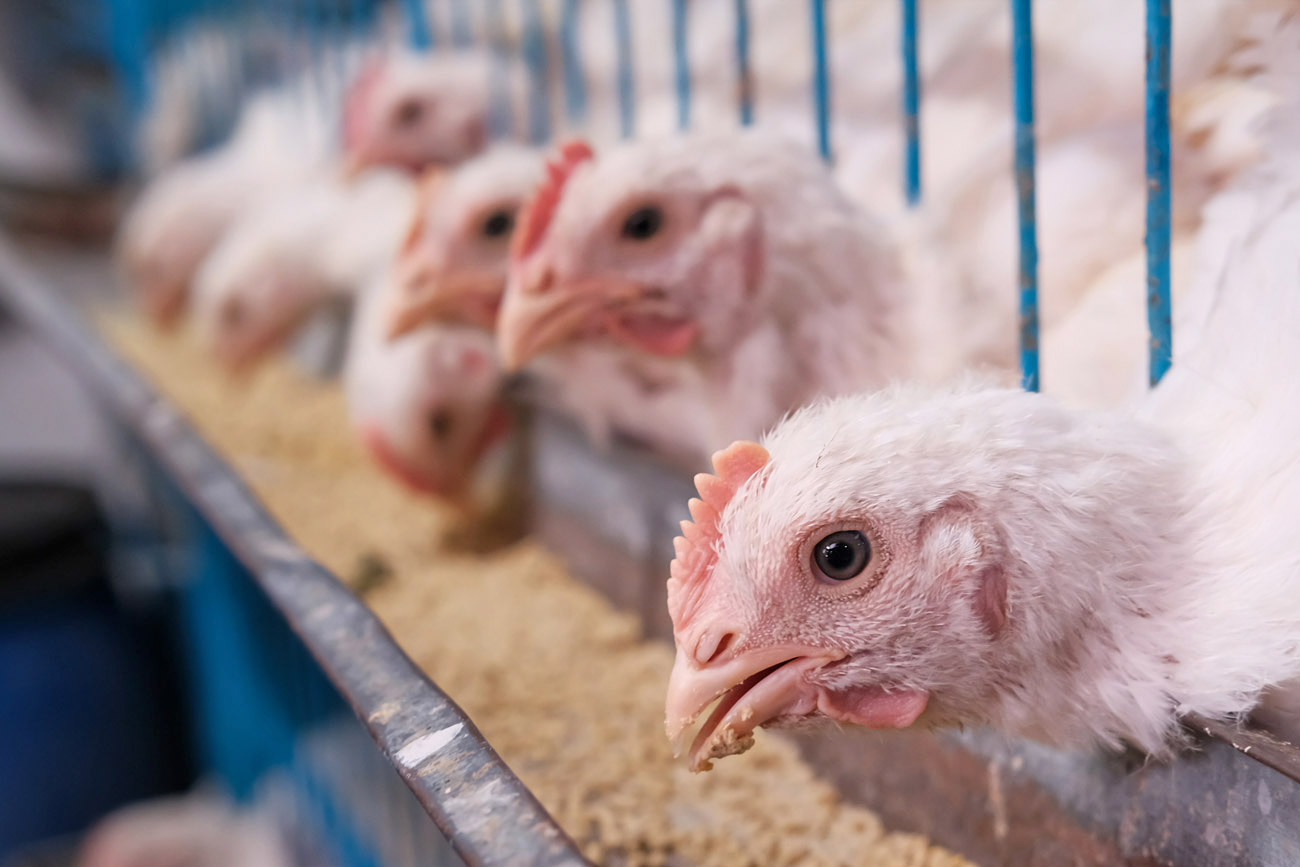 Towfiqu Barbhuiya/Pexels
Towfiqu Barbhuiya/Pexels
Chas Newkey-Burden, a British journalist and animal-rights advocate, also claimed in an article for The Independent that he was glad the egg shortages were happening, as it might mean that consumers think harder about their food purchases. “If you buy eggs, you are supporting this cruelty—whether you mean to or not,” he wrote. “The only reason these farms exist is because you bankroll them every time you put a pack of eggs on the supermarket checkout.”
On top of all of this, eggs also come with an environmental footprint. The livestock industry as a whole contributes 14.5 percent of global emissions. And chicken farming, in particular, has been linked with serious water pollution. In October 2022, for example, research suggested that runoff from intensive chicken farms was contributing to the decline of the River Wye, one of the UK’s longest rivers.
Could plant-based alternatives be the answer?
Activists and plant-based food brands alike are urging consumers to think about the available alternatives to chicken eggs right now. “We can all do our part by swapping out eggs for plant-based alternatives,” said Manusevich. And in January, vegan brand Eat Just ran ads for its plant-based egg product with the wording: “JUST Egg is in stock. Plants don’t get the flu.”
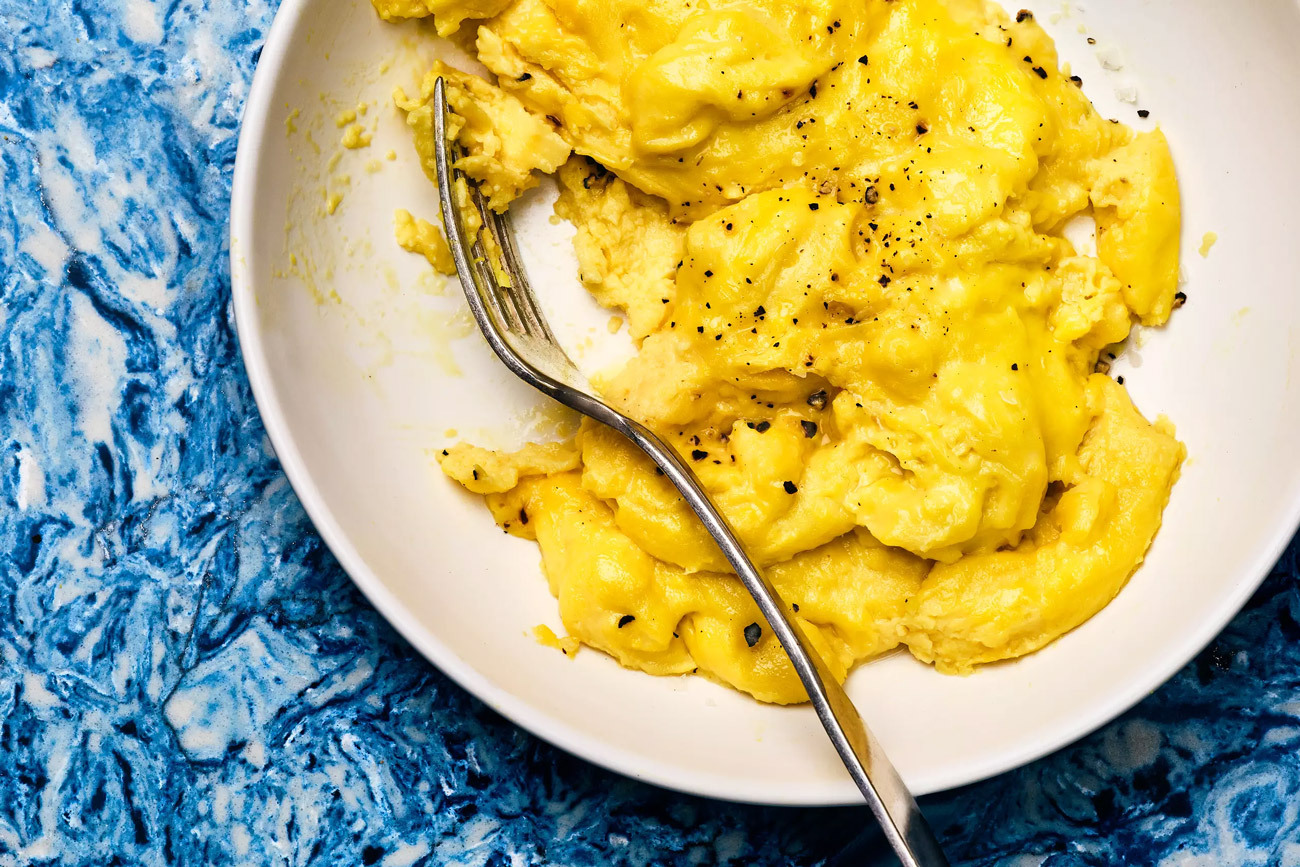 JUST Egg
JUST Egg
It’s true, vegan egg brands have remained unaffected by the shortages. And that’s because, obviously, they don’t require any real chickens to make their products. This means their supply chains are currently more stable, plus they’re kinder to the animals and the planet, too.
In the UK, in Lincoln, PETA activists recently handed out free vegan eggs from the plant-based brand OGGs. “Reducing demand for their eggs will help prevent chickens from being forced to live—and die—in these heartbreaking conditions and prevent the further spread of bird flu,” the animal-rights organization noted.
For suggestions on how to use vegan eggs when you’re cooking or baking, you could follow our guide to JUST Egg (which includes five recipe ideas). Alternatively, we have put together this list of five new vegan egg products that are making chicken eggs obsolete (hard-boiled is even an option).


